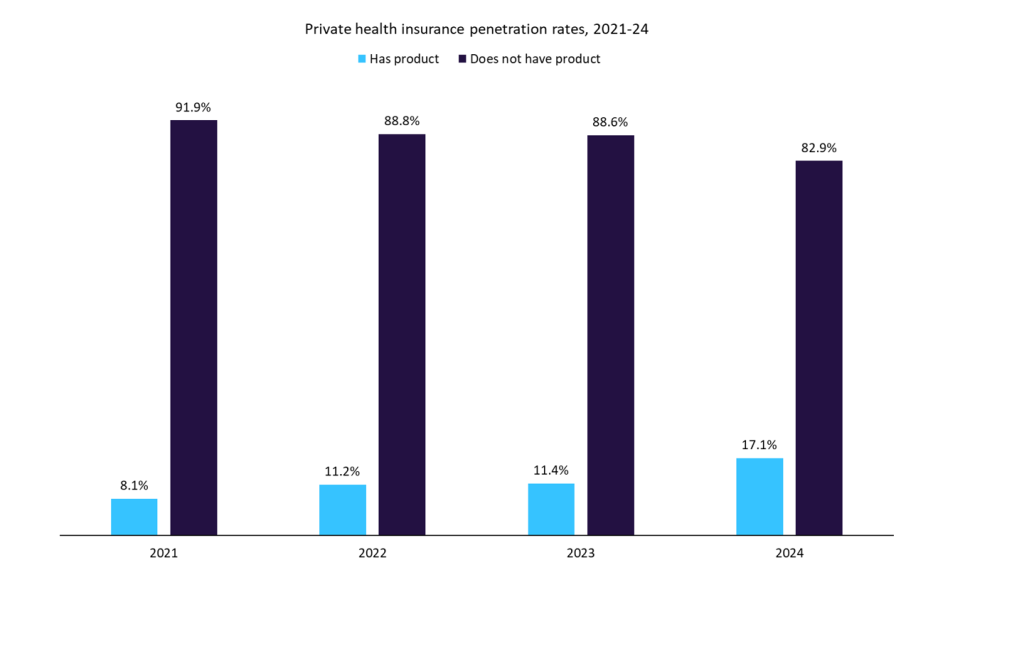
The UK’s House of Commons Treasury Select Committee has targeted the EU’s Solvency II regime – as it examines ‘room for improvement’ in the post-Brexit landscape.
After announcing the Treasury Committee has agreed the terms of reference for its inquiry into Solvency II, the Rt Hon Andrew Tyrie MP, chairman of the Treasury Committee, said:
"Brexit provides an opportunity for the UK to assume greater control of insurance regulation.
“The Solvency II Directive came into force in January, only after a heap of concerns had been expressed about it. Among its manifest shortcomings was the failure to secure value for money over its implementation.”
Tyrie added: “The Treasury Committee will now take a look at the Brexit inheritance on insurance to see what improvements can be made in the interests of the consumer."
There were fears that the much delayed EU directive would impose substantial costs on the insurance industry, and the Treasury Committee has already heard evidence suggesting that Brexit provides the opportunity to leave the Solvency II arrangement and that doing so would help insurance companies.
How well do you really know your competitors?
Access the most comprehensive Company Profiles on the market, powered by GlobalData. Save hours of research. Gain competitive edge.

Thank you!
Your download email will arrive shortly
Not ready to buy yet? Download a free sample
We are confident about the unique quality of our Company Profiles. However, we want you to make the most beneficial decision for your business, so we offer a free sample that you can download by submitting the below form
By GlobalDataIt said the inquiry will explore the impacts of the directive, and the options now available to the UK, in more detail.
The Treasury Committee said it is important to understand the strengths and weaknesses of Solvency II in its existing form and its status in the context of insurance regulation internationally – as background to decisions on the various options.
Inquiry objectives
The objectives of the inquiry are to:
- Consider the options for the UK insurance industry that are created by the decision to leave the EU.
- Assess any impact of Solvency II on the competitiveness of the UK insurance industry.
- Examine the impact of Solvency II on the role of insurance in meeting the needs of UK customers and the wider UK business economy.
- Assess any learning for both regulators and industry from the introduction of this major piece of insurance harmonising legislation.
Timetric IIC research on Solvency II
An insight report available from Timetric’s Insurance Intelligence Center (IIC) Solvency II – Beyond Implementation explains that complying with Solvency II will present a major challenge to smaller insurers.
As Solvency II increases a firm’s capital requirements and raises fixed costs, it will drain resources that previously would have been allocated to business operations, distributions to shareholders or expansion.
Even large insurers are divesting their businesses that do not align with their strategic goals. Companies that own insurers such as banks may also sell subsidiaries to avoid additional capital requirements.
Therefore, it is predicted that there will be a wave of consolidation, as smaller insurers are acquired by larger rivals and divestments and shedding of non-core divisions continues.
The number of insurance companies in Europe fell by 7.2% from 5,226 in 2010 to 4,863 in 2014, according to Insurance Europe. Solvency II played a large part the consolidation.
Timetric IIC analysis of Brexit impact on Solvency II
According to the Timetric report, if the UK secures full European Economic Area (EEA) membership and retains its passporting rights then the regulatory disruption from Brexit, will be minimal for insurers based in the UK, as the UK will be bound to follow Solvency II in exactly the same way it is doing so now.
However, this option would still affect all insurers based in the EEA. In this scenario it is much likely the UK would not be able to keep the right to have a say in the decision making of the European institutions that oversee the development of Solvency II.
The Prudential Regulation Authority (PRA) would not be in discussions between national regulatory authorities (NRAs) and therefore would not have a say on decisions taken to amend the framework.
This is significant because as the regulator of one of the largest insurance markets in Europe the PRA is likely to have had a substantial influence on the decisions taken at a European level.
Furthermore, as an authority that has been described as „gold-plating? Solvency II regulations due to the stringency with which they have applied the rules, it is conceivable that Solvency II could in many ways be less strenuous for insurers than it would be if the UK had remained a full PRA member.
This is also would be true if the UK completely left the EU and did not have access to the EEA.
In summary, the IIC report says it is fair to say whichever way Brexit is executed (if it is executed at all); the UK?s influence over the path of Solvency II will be diminished regardless. This will have significant implications for the future path of insurance regulation across the continent.
LII survey of industry experts
Insurance experts told Life Insurance International (LII) that Solvency II is highly unlikely to be watered down for UK insurers following the Brexit vote.
Although Solvency II looks certain to remain in place, at least in the short term, Victoria Sander, a partner at Linklaters, has said there may be room for to deviate from the regulatory regime over time, and there may be a change of pace.
She notes: "There may be room for the UK to deviate from Solvency II over time. For instance, there have been some concerns expressed, not least of all by the Bank of England, regarding the risk margin and whether this operates as originally intended."
LII also understands from a senior figure representing insurers in Europe that there will not be any great changes to Solvency II. While there may be a change of pace in the implementation of Solvency II, it is felt that insurers do not want to jeopardise the regime.







